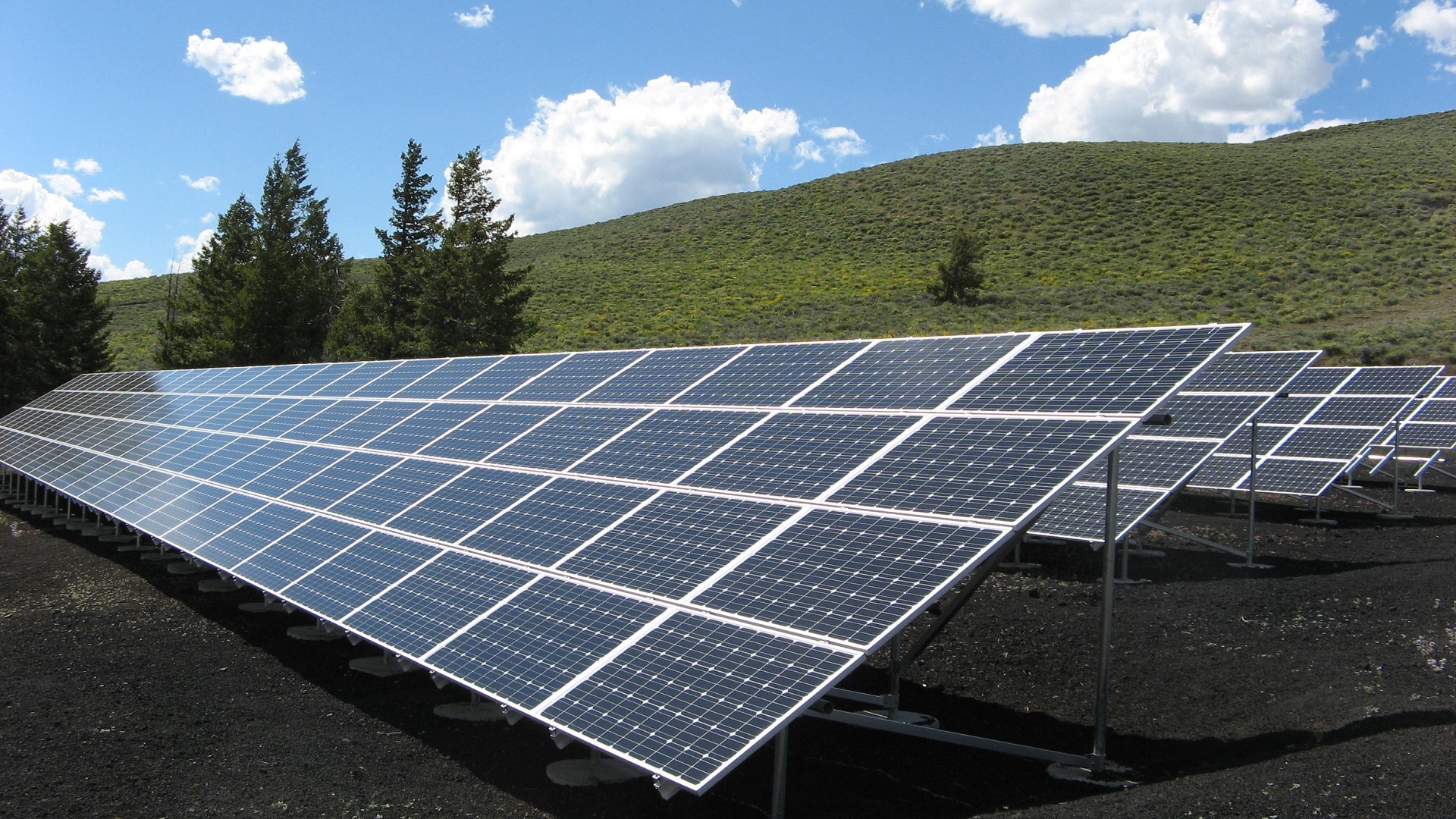
Solar Power
Sundrop Farms, a tomato production facility that is the first agricultural system of its kind in the world, celebrated its grand opening in Port Augusta, South Australia, Thursday.
Instead of soil, pesticides, fossil fuels and groundwater, Sundrop Farms uses only solar power and desalinated seawater to grow tomatoes across 49 acres. The water is pumped into the facility from the Spencer Gulf about 1.2 miles away where it is desalinated to water the farm’s 180,000 tomato plants.
“The farm’s solar power is generated by 23,000 mirrors that reflect sunlight towards a 115-meter (377-foot) high receiver tower. On a sunny day, up to 39 megawatts of energy can be produced—enough to power the desalination plant and supply the greenhouse’s electricity needs,” NewsScientist explained.
“We knew that considering the increase in population that we had to address the food shortage, the water shortage, the energy shortage,” Reinier Wolterbeek, chief technical officer at Sundrop Farms, said.
This process helps work around the area’s desert climate that is unsuitable for conventional farming. Seawater-soaked cardboard keeps the plants cool enough to stay healthy during the hot months, and solar heating keeps the greenhouse warm during the winter months. The seawater helps sterilize the air and the plants are grown in coconut husks allowing them to thrive without the use of pesticides.
RenewEconomy reports the farm will produce more than 118 million gallons of freshwater each year, the equivalent of 180 Olympic size swimming pools, and displace the use of more than 2 million liters of diesel a year.
“This state-of-the-art development is a massive boost for Port Augusta and the Upper Spencer Gulf, creating almost 200 jobs and heralding the start of an exciting new industry for the region,” South Australia Premier Jay Weatherill said. “It also aligns with several of South Australia’s key economic priorities, including creating premium food and wine from our clean environment and growth through innovation.”
The farm expects to produce 17,000 metric tons—37,000 pounds of tomatoes—every year, about 13 percent of Australia’s market share, and will be sold at a fixed price for 10 years exclusively at Coles Supermarkets.
“Because we do everything in a controlled environment, we know what our input costs are, and we’re doing everything on a renewable basis, we can provide real consistency of supply and a higher quality product at a better price year ’round,” Philipp Saumweber, chairman and CEO of Sundrop Farms, said.
Saumweber explained that with extreme weather events making it difficult to consistently provide consumers with products, Coles would at times find themselves without quality product, or without any product, and the two partnered to find a solution.
One of those solutions was already put to the test last week during a once-in-50-year storm that wreaked havoc in South Australia. Sundrop Farms was able to take the brunt of high winds and continue operations despite a massive blackout that crippled Whyalla steelworks and shut down the mines of mining giants BHP Billiton and OZ Minerals in northern South Australia.
Port Augusta mayor Sam Johnson told AFR that while there had been significant financial losses to businesses and households from the blackout in the regional city, Sundrop Farms is “living proof” that its groundbreaking technology could work on a large scale.
Sundrop is planning to launch similar sustainable greenhouses in Portugal and the U.S., and another in Australia.
Watch more on Sundrop Farms here:
